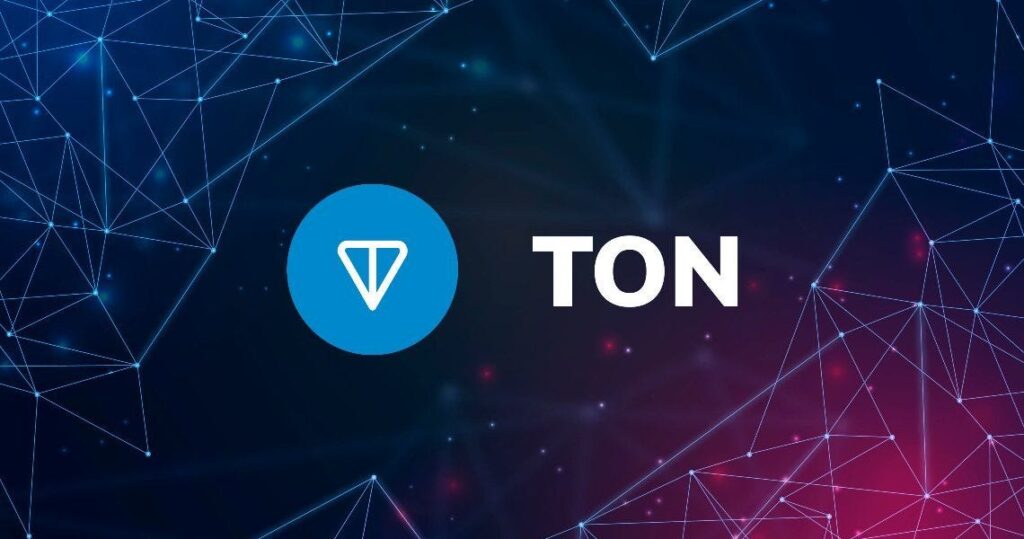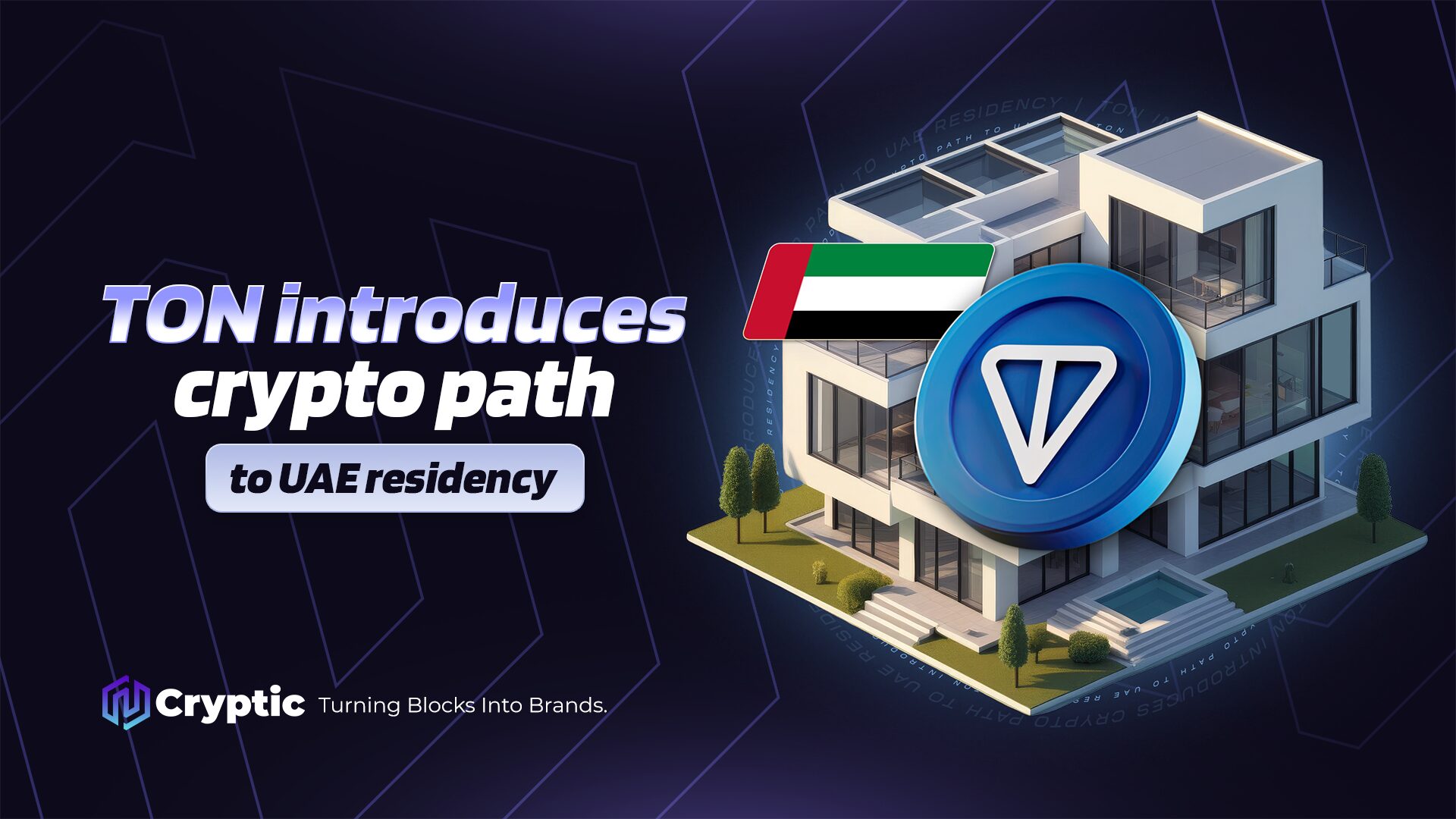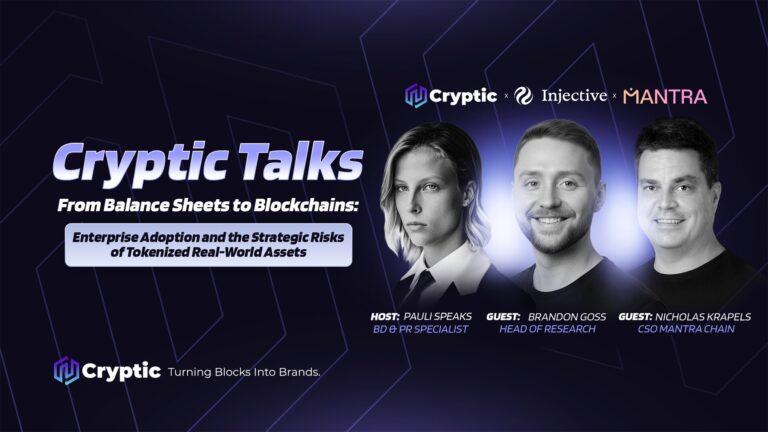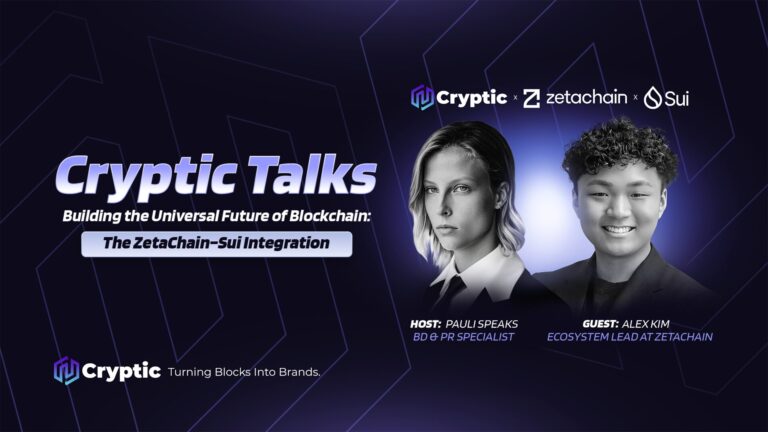The announcement that Toncoin investors could obtain the coveted UAE Golden Visa through a staking program stirred the market and pushed the token’s price higher. However, the proposal sparked controversy and was met with caution by local authorities, who reiterated the traditional criteria required for obtaining long-term residency.

The proposal: staking, liquidity and a new path to residency
The TON Foundation announced what it described as a novel alternative to the UAE’s traditional Golden Visa routes. By staking 100,000 dollars worth of Toncoin for three years and paying a one-time processing fee of 35,000 dollars, applicants could become eligible for a 10-year residency visa in the United Arab Emirates.
According to the foundation, the program offers distinct advantages compared to conventional paths. These include full liquidity control during the staking period through a verifiable smart contract on the TON blockchain, estimated annual yields between 3 and 4 percent, a shorter approval process of under seven weeks, and the inclusion of immediate family members such as spouses, children and parents at no additional capital cost.
This proposal differs significantly from traditional eligibility criteria for the UAE’s Golden Visa. Existing routes usually require a minimum investment of 540,000 dollars in real estate or fixed deposits, which often involve longer lock-in periods and limited liquidity. By framing staking as a digital-first alternative to conventional investment options, the initiative aimed to appeal to a new generation of globally connected crypto investors.
Market response and questions about legitimacy
The announcement quickly gained traction on social media and within the crypto community. Influential voices amplified the news, including Pavel Durov, founder of Telegram, who reposted the update, contributing to its visibility and credibility in the eyes of many investors and users.
In the immediate aftermath of the announcement, Toncoin (TON) saw a notable price reaction. The token surged nearly 12% over the weekend, reaching close to 3 dollars, as traders responded to the potential link between staking and long-term residency in the UAE, an attractive offer within a region positioning itself as a global hub for digital innovation.
However, the momentum was accompanied by measured skepticism. Prominent figures like Changpeng Zhao (CZ), former CEO of Binance, questioned the legitimacy of the program, citing the lack of confirmation from official government sources. His statement “trust but verify” reflected a broader cautious sentiment among market participants, legal experts and seasoned investors who highlighted the importance of regulatory clarity when it comes to immigration frameworks.
Later statements from the Emirates News Agency and local regulatory bodies helped clarify the situation. Authorities reaffirmed that the UAE’s Golden Visa continues to follow established criteria, which do not currently include digital asset investments. They emphasized that only licensed and regulated entities are authorized to offer virtual asset services in the country and advised the public to rely on official sources for any matters related to residency and investment programs.
Crypto, residency and the rise of digital-native migration models

The initiative proposed by the TON Foundation emerges amid a broader global trend: the growing use of crypto assets as gateways to real-world benefits. From tokenized real estate and on-chain identity to blockchain-based credit systems, the idea of leveraging digital holdings to access physical-world opportunities is gaining momentum. In this context, offering long-term residency through staking mechanisms appears as a natural, if ambitious, evolution of this movement.
For such proposals to mature, however, regulatory frameworks need to evolve in tandem with technological capabilities. Programs like TON’s raise important questions about compliance, transparency, and investor protection. While the current version of the UAE Golden Visa does not include digital assets as an eligible investment category, staking or similar crypto-native models represents a potential recognized path, provided it aligns with established due diligence and economic substance requirements.
The UAE, in particular, continues to stand out as a global innovation hub for blockchain, tokenization, and digital finance. With dedicated regulatory authorities like VARA and active initiatives in tokenized real estate and AI-integrated infrastructure, the country has already created a fertile environment for experimentation. As the intersection between crypto and public policy deepens, models like TON’s, even if not immediately accepted, could serve as early blueprints for the next generation of digital-first residency or service-access programs.
TON’s proposal sparks crypto and real economy debate
Regardless of its current implementation status, TON’s initiative reignites the important conversation around using cryptocurrencies as a bridge to the real-world economy. This underscores the ongoing challenge for regulators to balance fostering innovation with ensuring legal certainty and protecting reputations. Observers and market participants now watch closely for the TON Foundation’s next moves and the region’s regulatory developments, which will shape how digital assets integrate with traditional economic frameworks.



